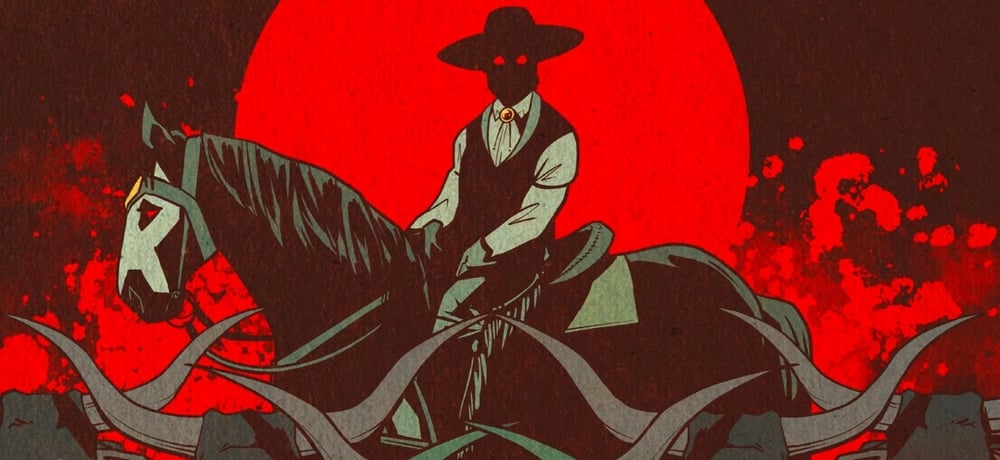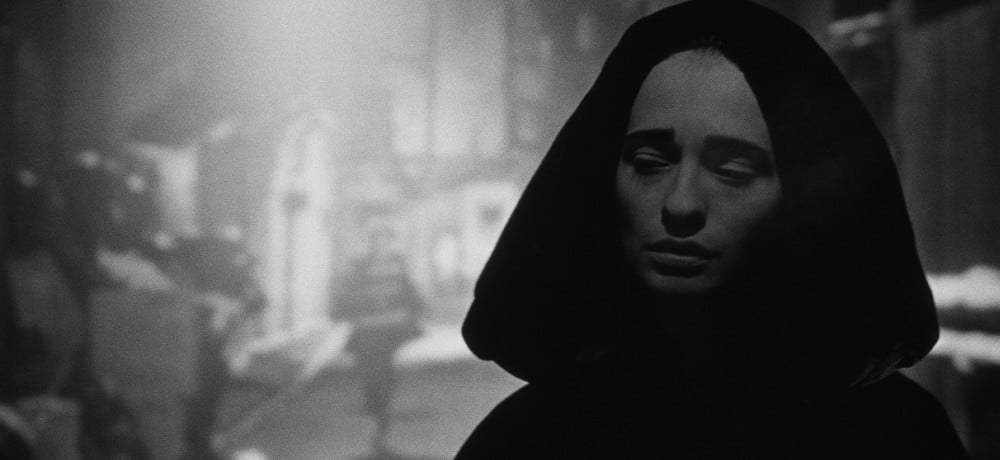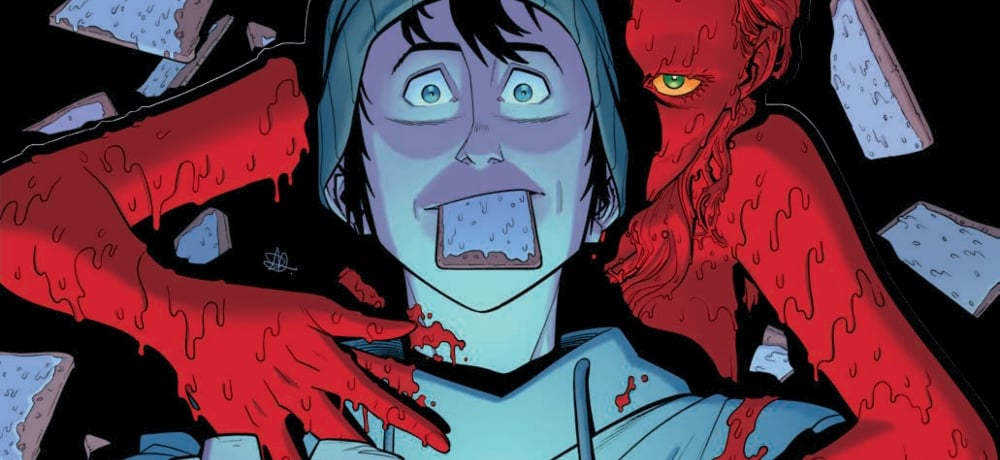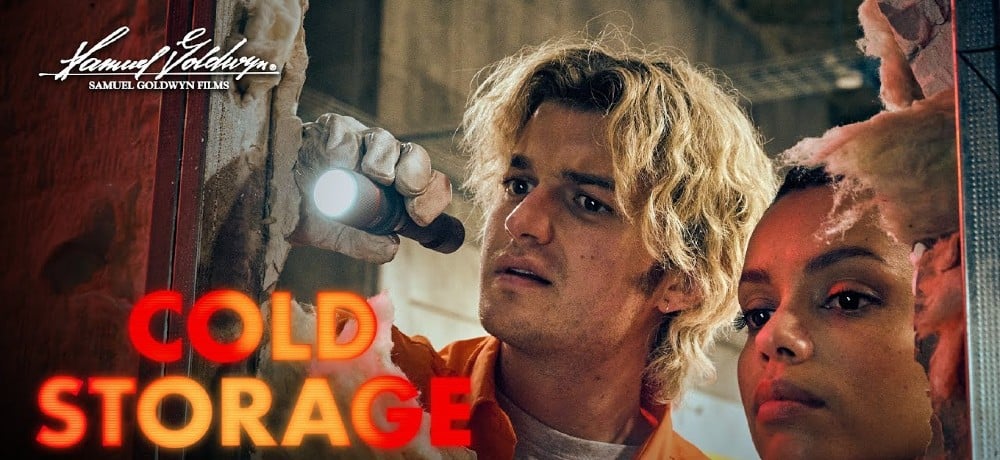





Director Lynne Ramsay’s last film was 2002’s Morvern Callar and involved a woman’s psychological struggle with her life. Her new film, We Need to Talk About Kevin, is an equally troubling portrait of a mother struggling with a hateful child and a husband who refuses to see the light.
Eva and Franklin (Tilda Swinton, John C. Reilly) are a happy young couple in New York City with thriving careers and a cozy apartment. This is soon upended when they welcome a baby boy named Kevin. As an infant, he screams and cries in the company of his mother, only to quiet down and coo around his father.
Kevin is an unhealthy child psychologically, as he has no friends or interest in knowing anyone, including his parents. He quickly draws a line in the sand between his parents, manipulating and pitting them against each other as the he gets older. The film charts Kevin’s distantly cruel relationship with his mother and culminates in an act of violence by Kevin as a teenager.
Ramsay tells the story in a very fractured manner, weaving Kevin at all ages into the narrative along with Eva’s attempt to rebuild her life after becoming the town pariah. Swinton is the center of the film, as it is told through the mother's point of view, making it stronger psychologically. The nature vs. nurture question of creating a monster in Kevin is dealt with deftly and the film begs several questions of parenting, specifically motherhood, and its inherent dangers and doubts.
Directed with a sly hand, Ramsay leads the cast to a trio of fantastic performances from Swinton, Riley, and Ezra Miller as the older Kevin. There are also two standouts in rather small roles as co-workers of Eva: Siobahn Fallon as her boss Wanda, and Alex Manette as Colin. In the title role, Miller gets a lot of mileage out of his darkly handsome looks, brooding at every opportunity and taking relish in doing everything in his power to make the audience uncomfortable. As effective as he is in the part, it is the one bit of casting that I question. Would a high school student who is that good looking be that invisible? He would attract attention to himself whether he wanted it or not, from both sexes.
The film's intermittent splashes of red, whether it's lighting, paint, or tomatoes, that dominate the film at certain points jump off the screen, and the picture is nicely represented. The cinematography is beautiful, and the Blu-ray disc shows it off to great effect. Aurally, the movie has a lot of variation musically and the music is always clear and has a nice range. Dialogue is crystal clear, so no issues there.
On the bonus features side of things, there isn't much, but they're interesting. I was really hoping to get a commentary with the director and author, but no such luck. Instead we have: a behind the scenes featurette, extra footage of the sequence that opens the film at the "La Tomatina" festival in Spain, a talk with Tilda Swinton at the Telluride Film Festival, an interview with Lionel Shriver, the author of the source novel, and the original theatrical trailer.
Tilda Swinton turns in another top shelf performance, adding to an impressive body of work, in a film that asks a few brave questions of the role of guilt in our lives and the nature vs. nurture thesis of “evil”. Lynne Ramsay has created a technically beautiful, but ultimately fractured film, with a narrative that interrupts itself to the point of distraction. While it’s never difficult to follow the story, there are simply too many stops and starts that create an episodic rather than flowing narrative. Some may be turned off by its bold experimental style, which is drowning in symbolism, but if you are a fan of Lars Von Trier’s school of hard hitting, offbeat dramas, We Need to Talk About Kevin should shoot an arrow straight into your heart. If not, it’s still worth a look at this challenging and unconventional film that demands its audience pay attention to get anything out of it.
Film Score: 3.5/5 Disc Score: 3/5